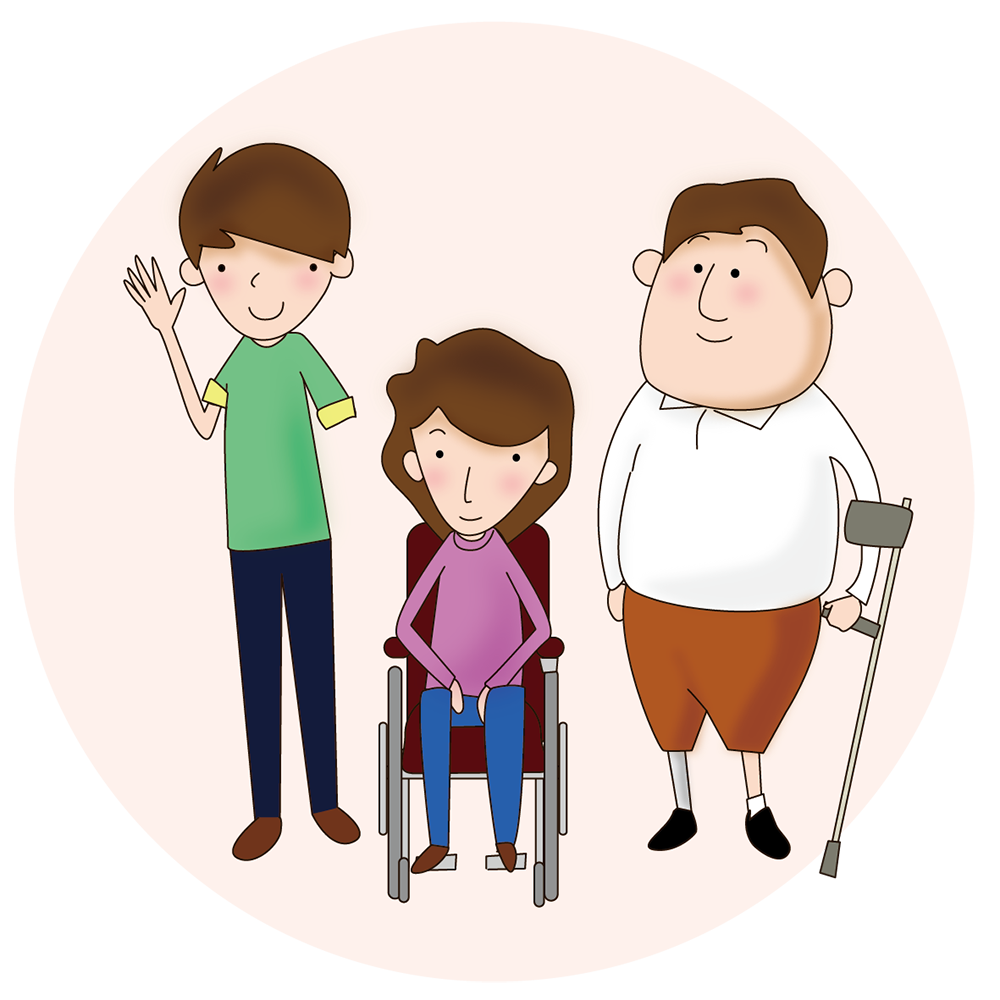
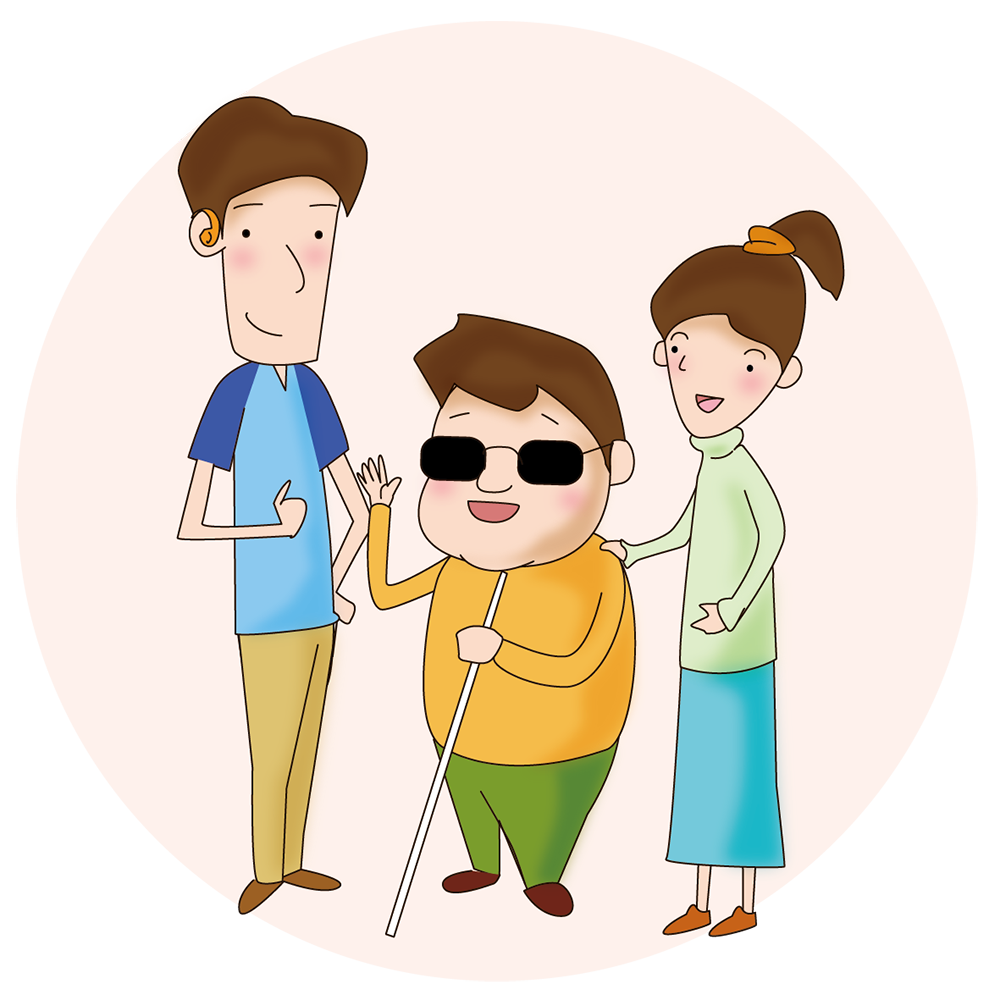


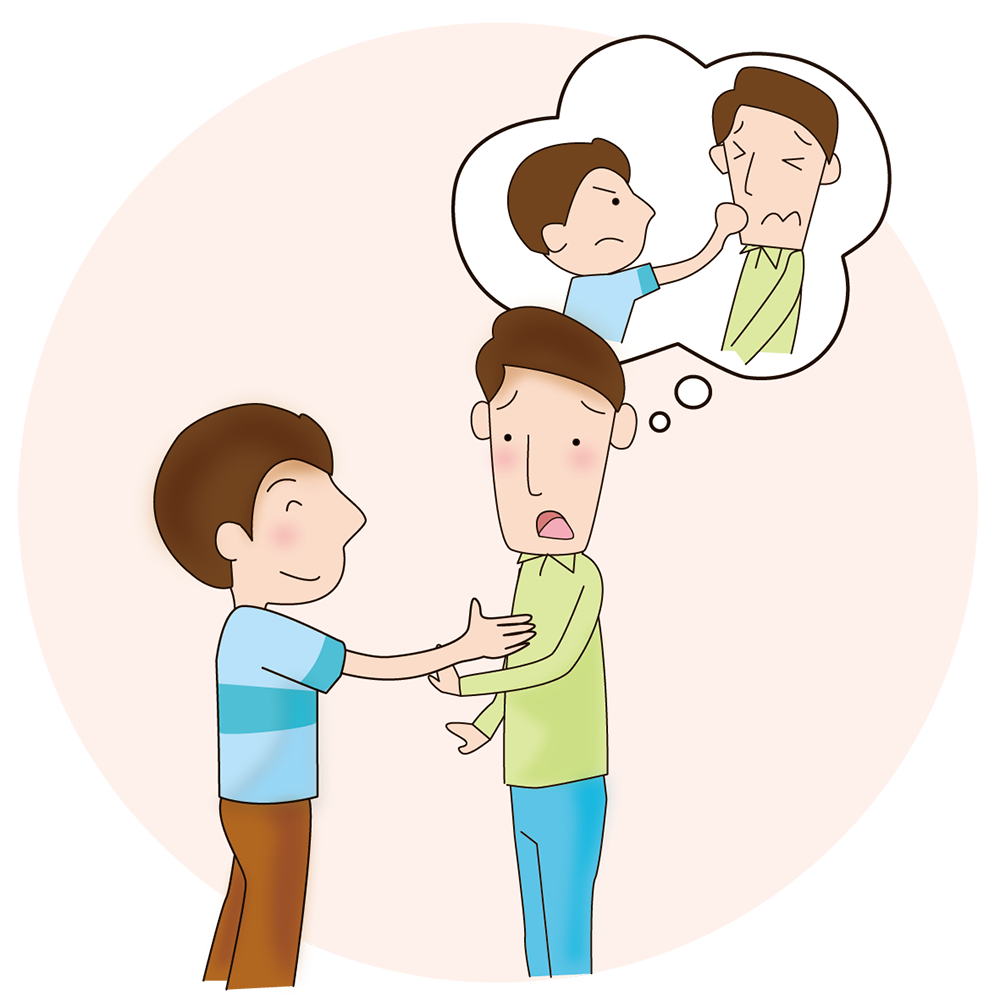
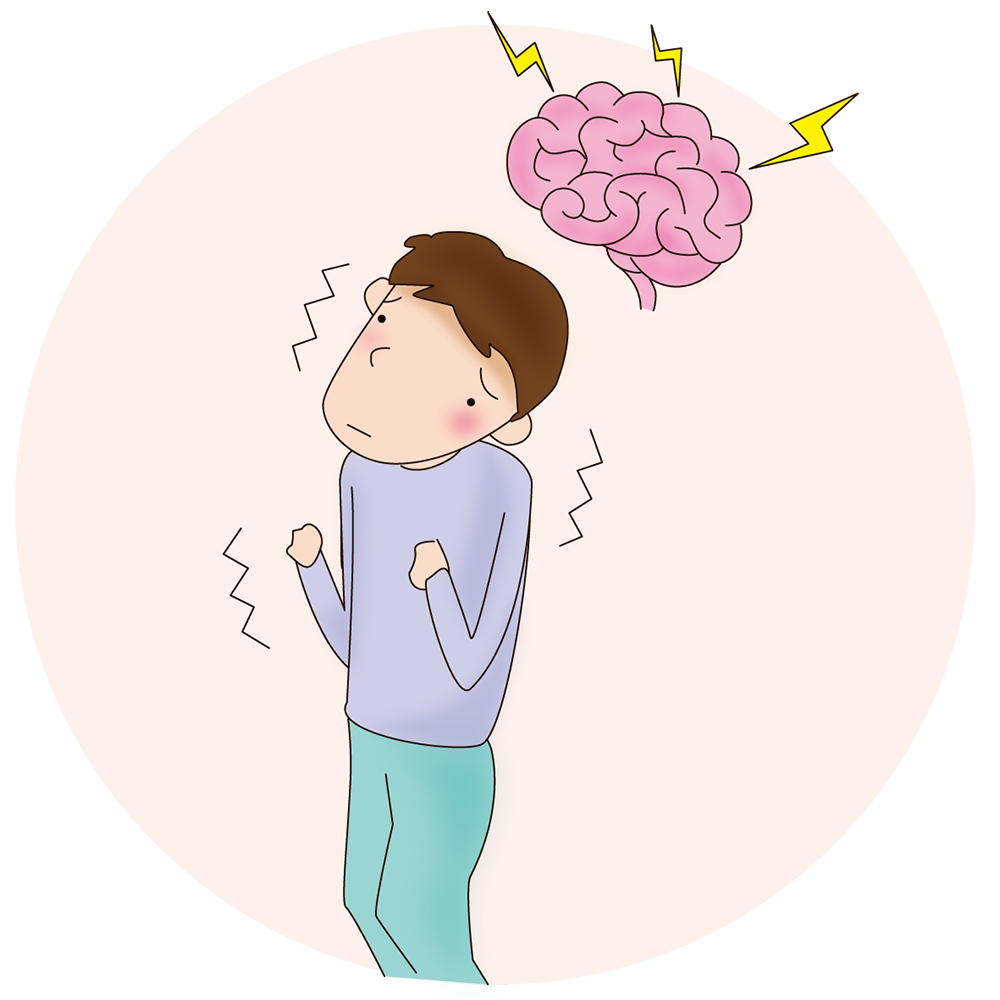
Disability refers not only to existing disabilities but also to disabilities that have existed, may exist in the future or are perceived by the individual to exist.
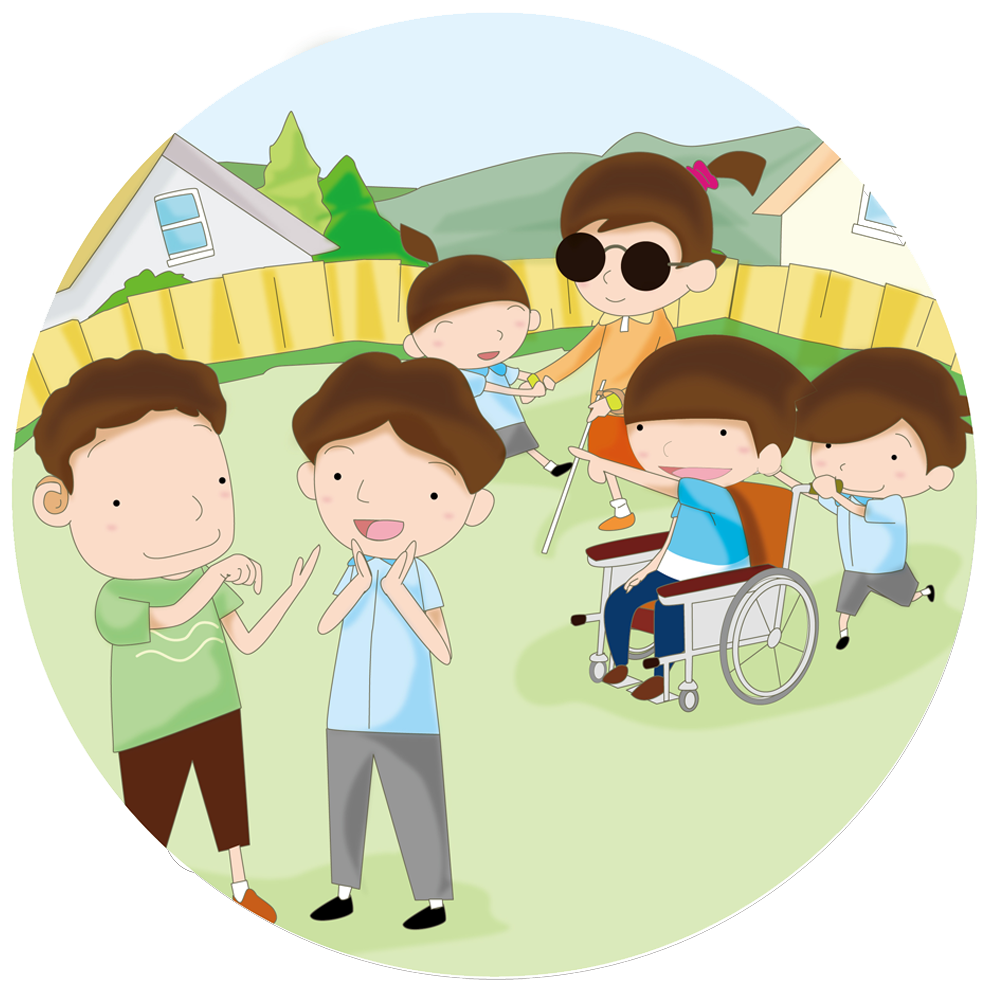
Every person is unique, we all have our thoughts, feelings and abilities, and everyone has different talents and characteristics.
Disabled and non-disabled people have a role to play in their field, whether it is in learning, the arts, sport or other areas, we all have our strengths and talents that make us unique.
Everyone is an individual, a unique being. Whether you are able-bodied or disabled, we can all use our strengths to make a difference in the world. Everyone can be a unique hero.
A “person with a disability” generally refers to a person who unfortunately has a physical or mental impairment that affects their daily lives.
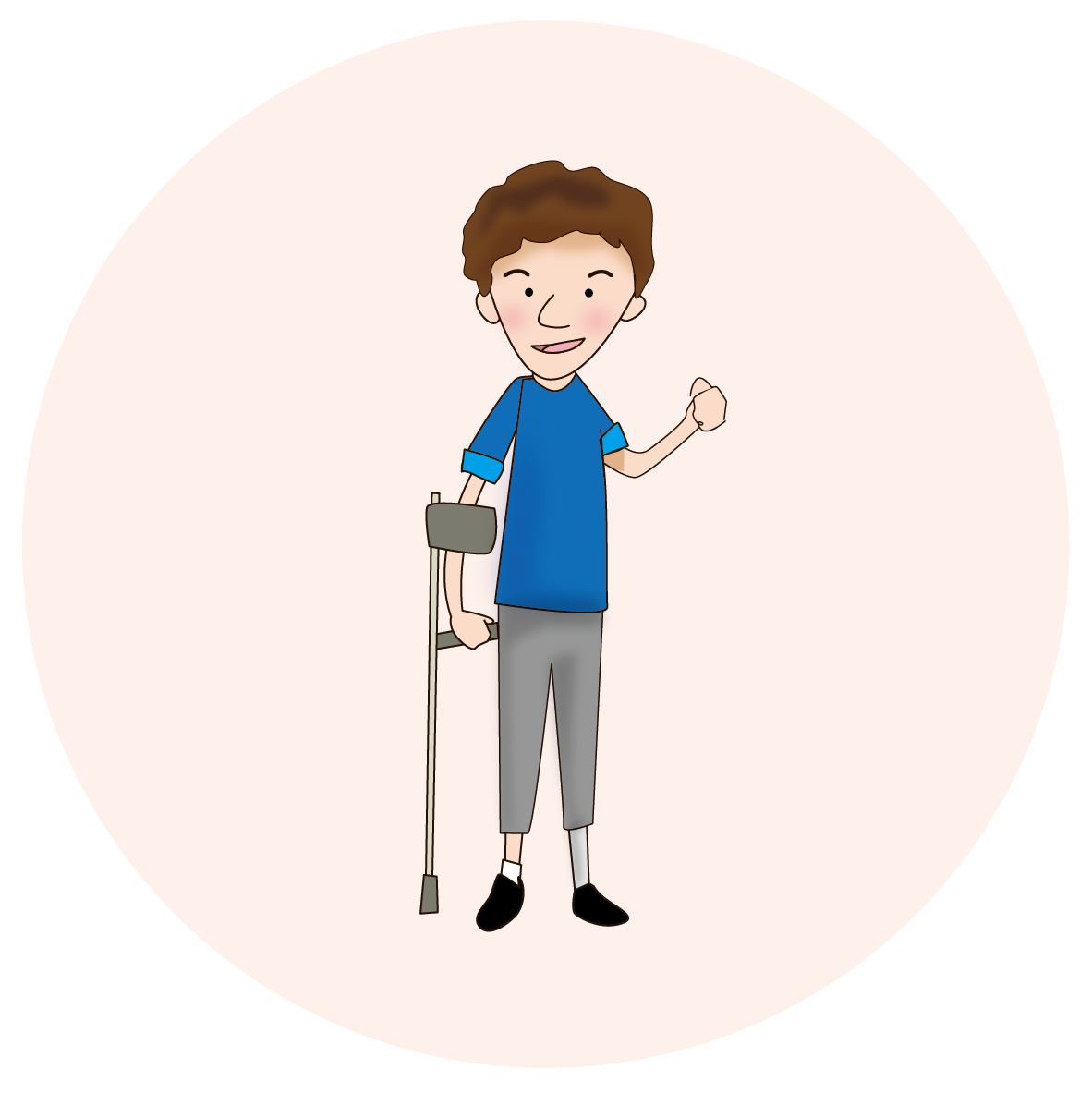
This refers to the loss or impairment of the function of the arm or leg, which affects daily activities.
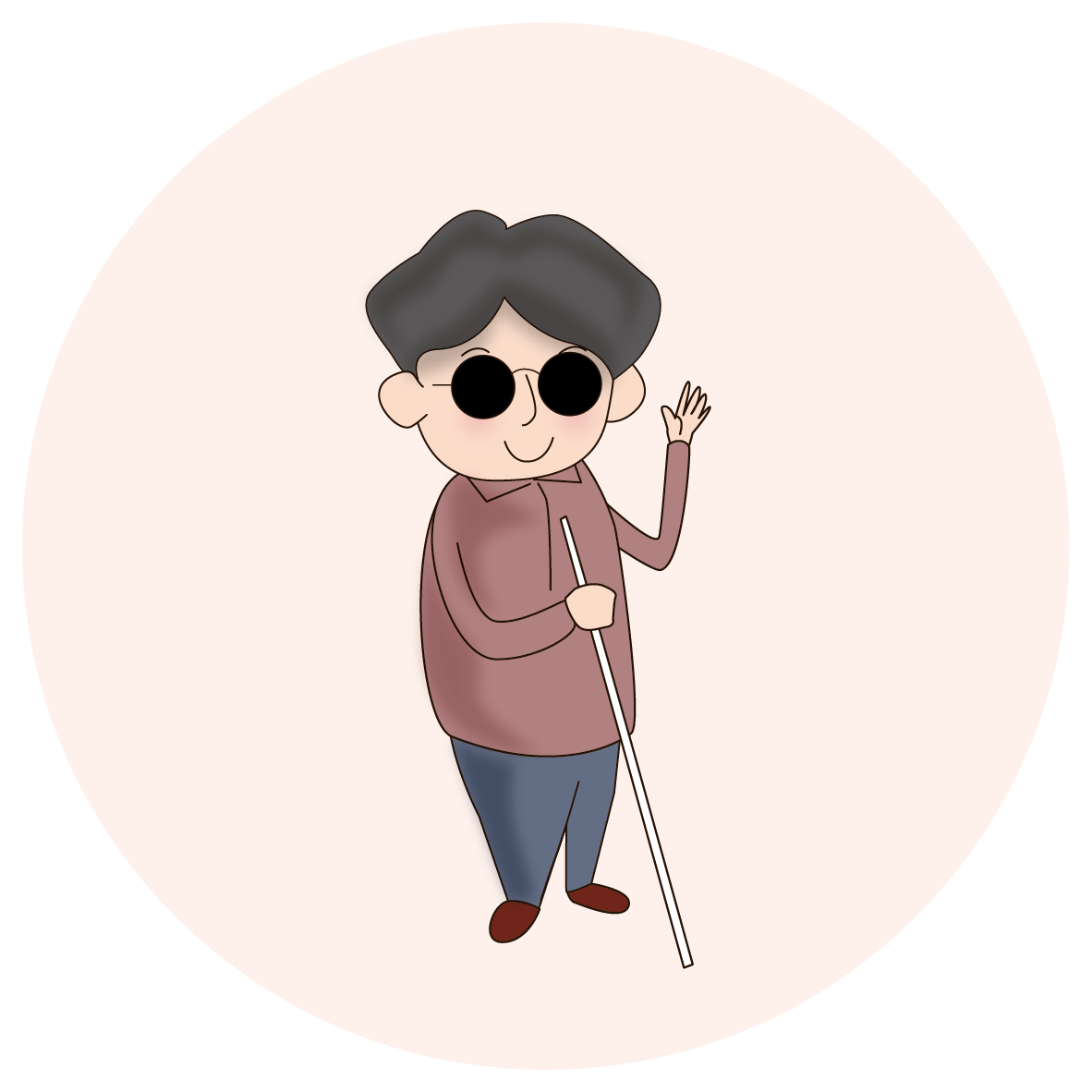
A visual impairment that makes it difficult or impossible to see.
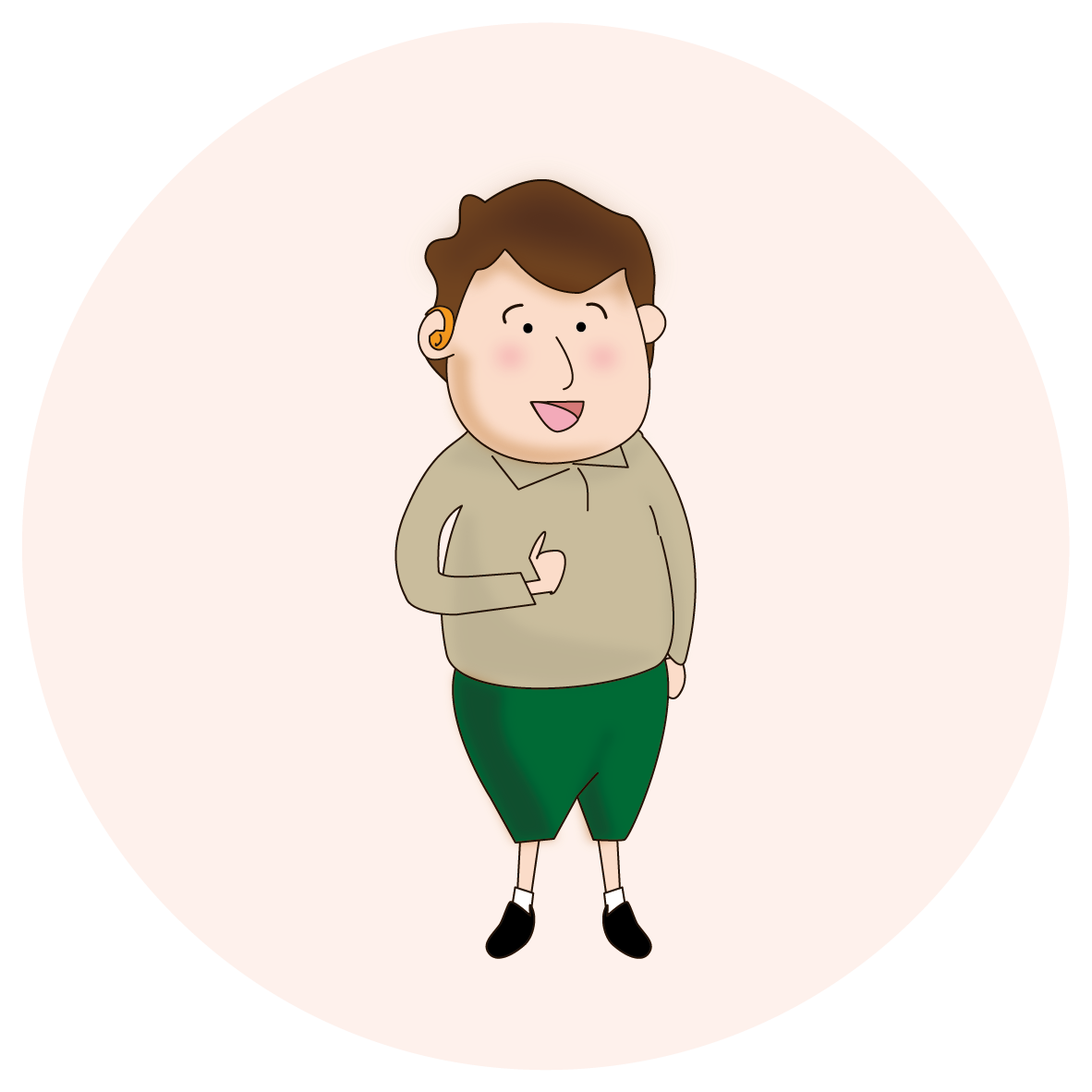
A hearing impairment that makes it difficult or impossible to hear sounds.
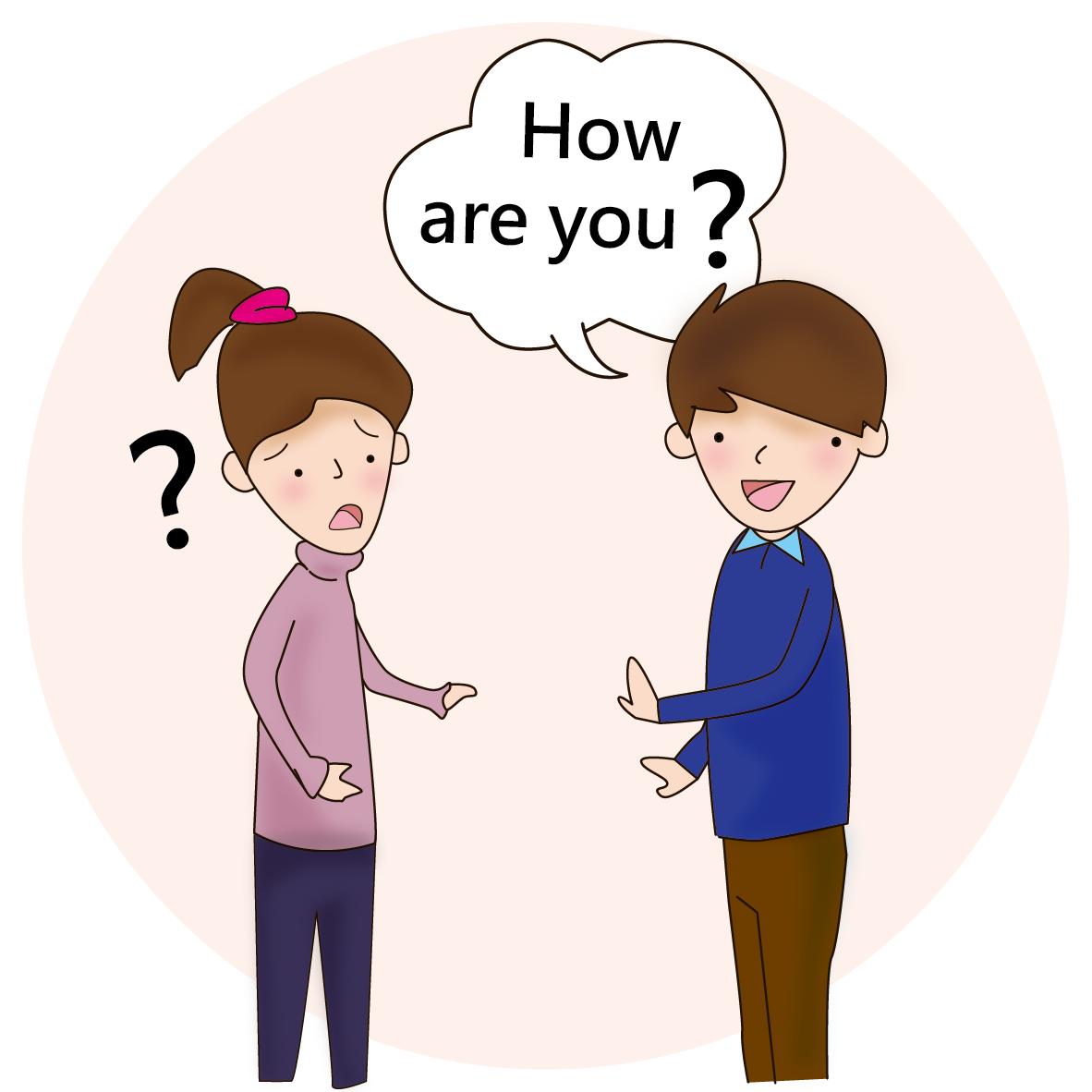
Difficulty in speaking that affects communication skills.
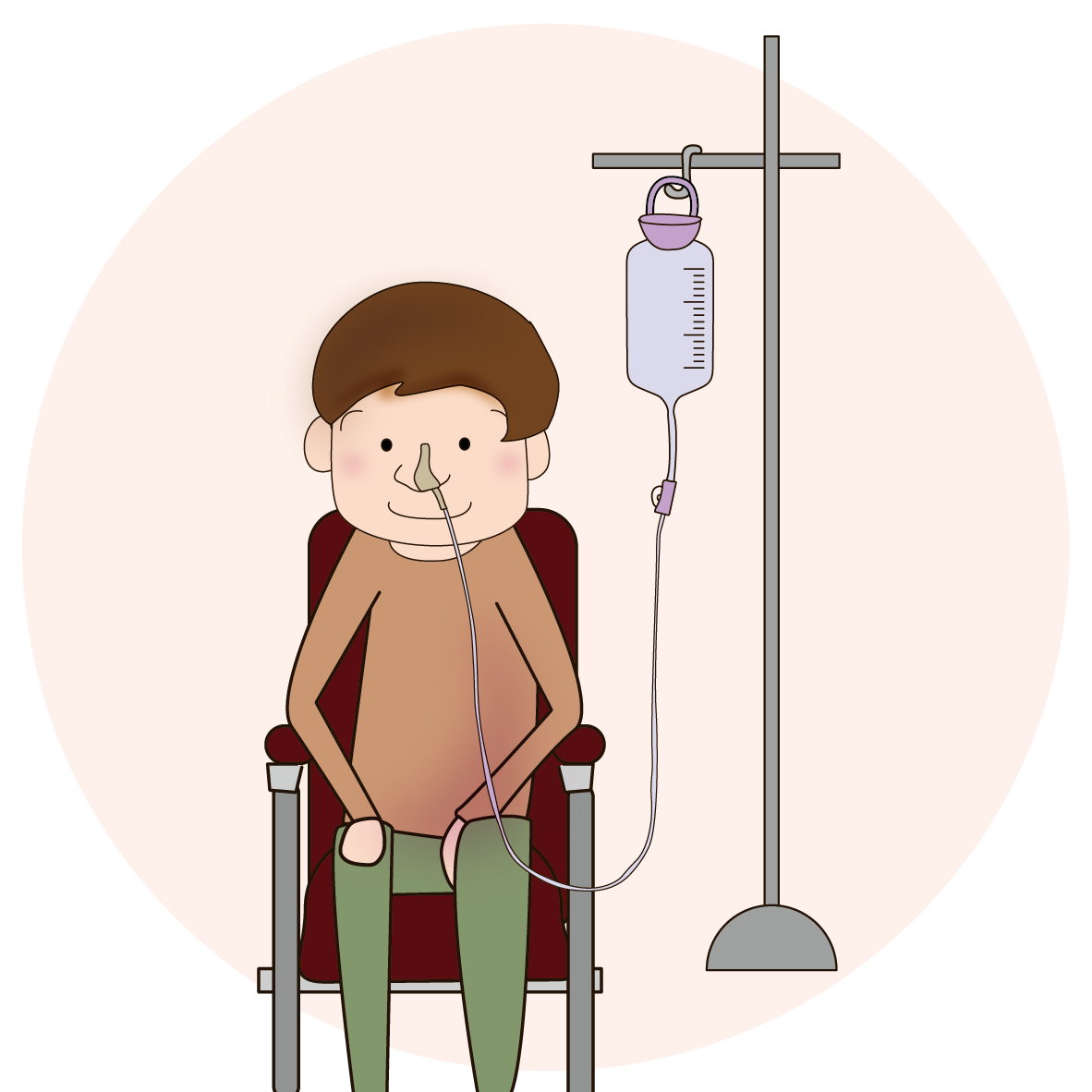
Conditions caused by disease or treatment, such as organ dysfunction or limitations in daily functional mobility.
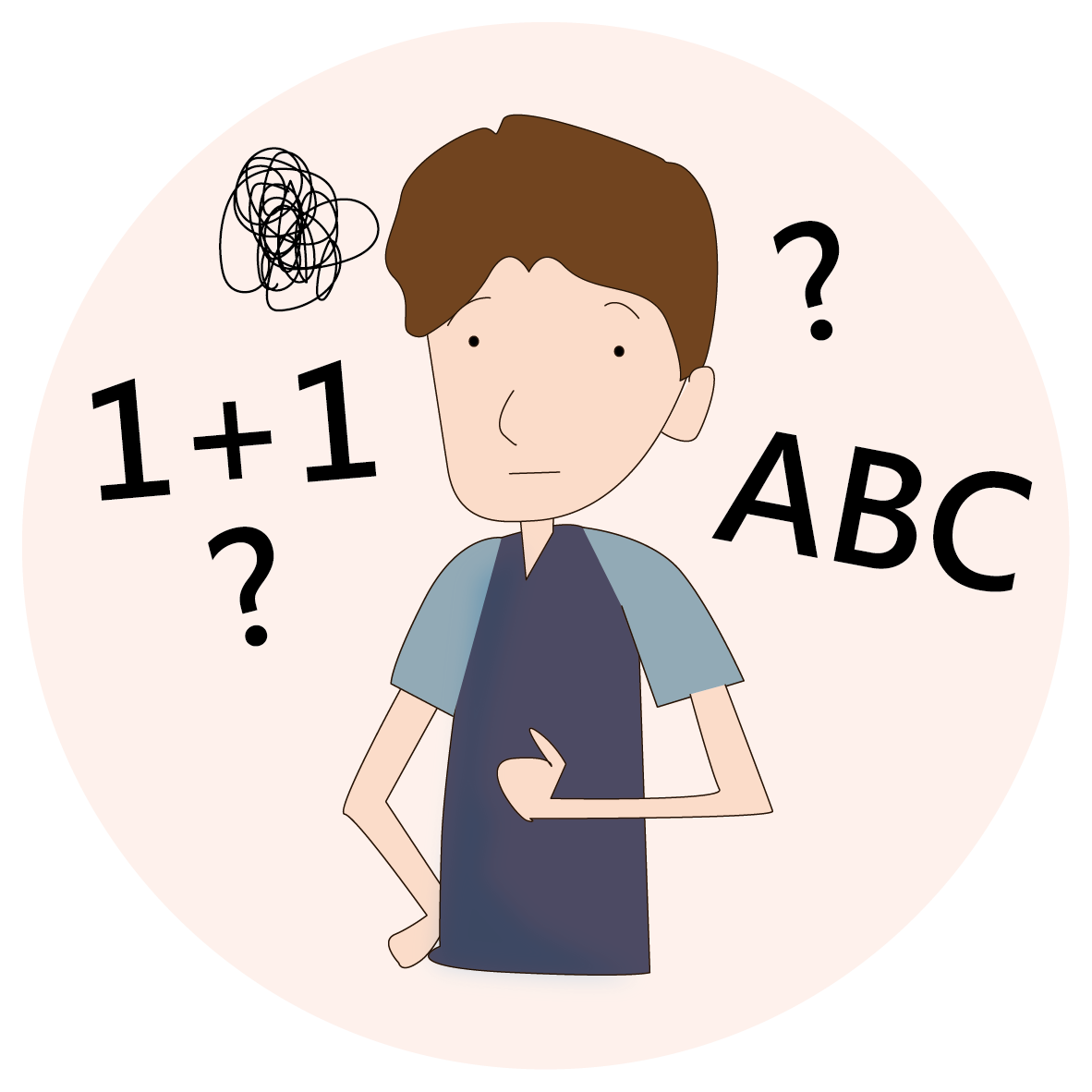
Below-average intelligence, limitations in learning and adaptability
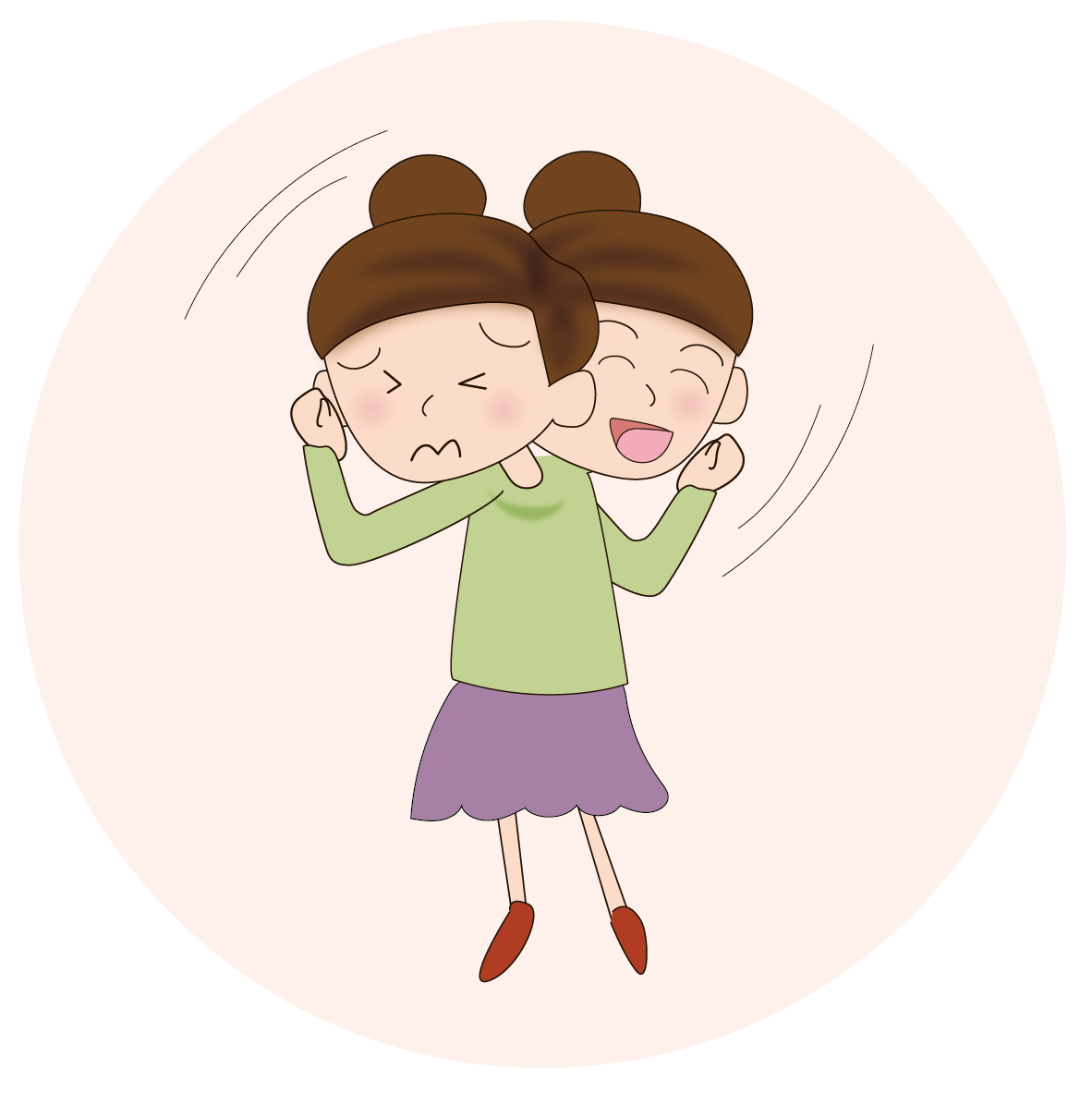
A disorder or disturbance of the emotions, mind or behaviour.
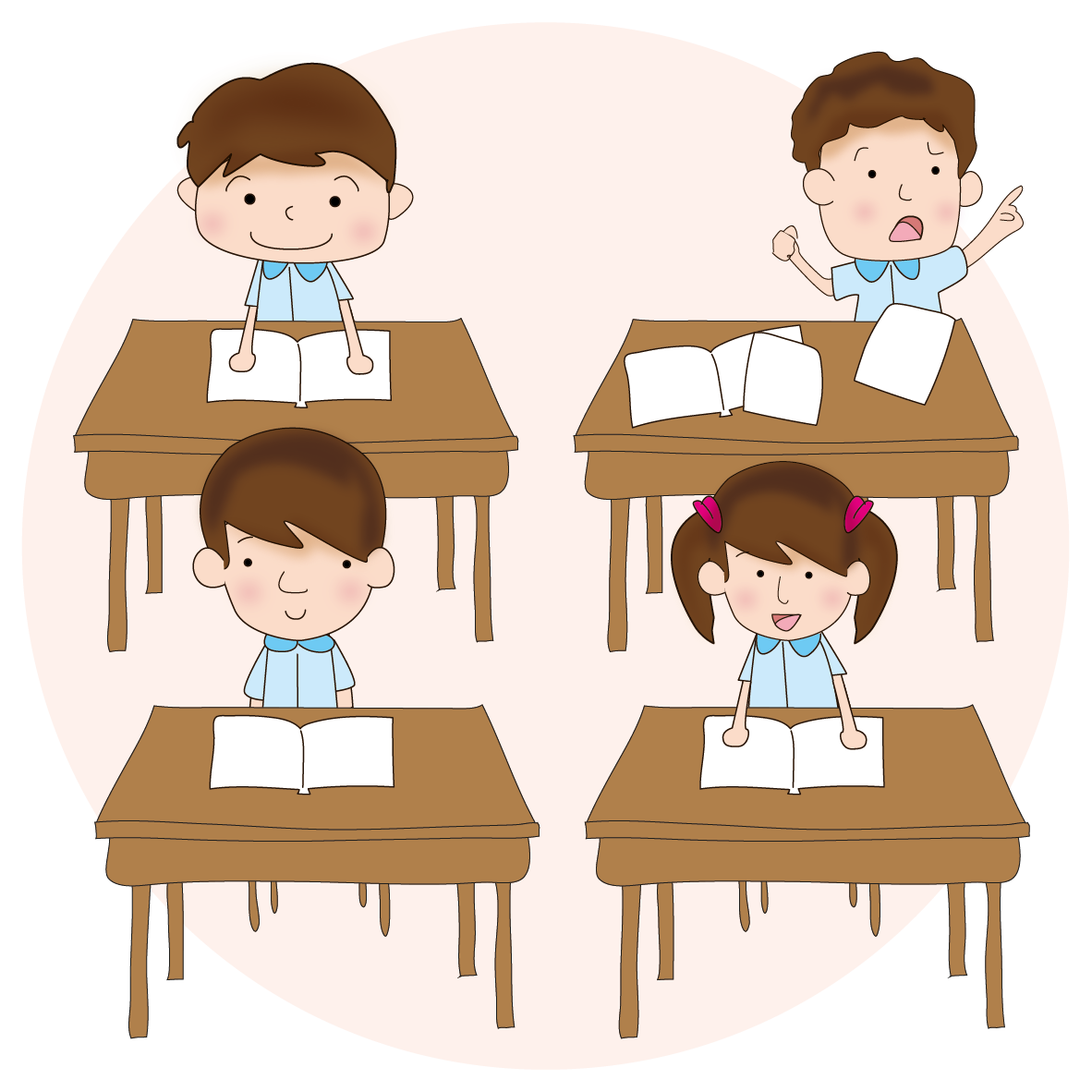
This refers to a person who cannot concentrate for long periods of time, has excessive activity and poor self-control.
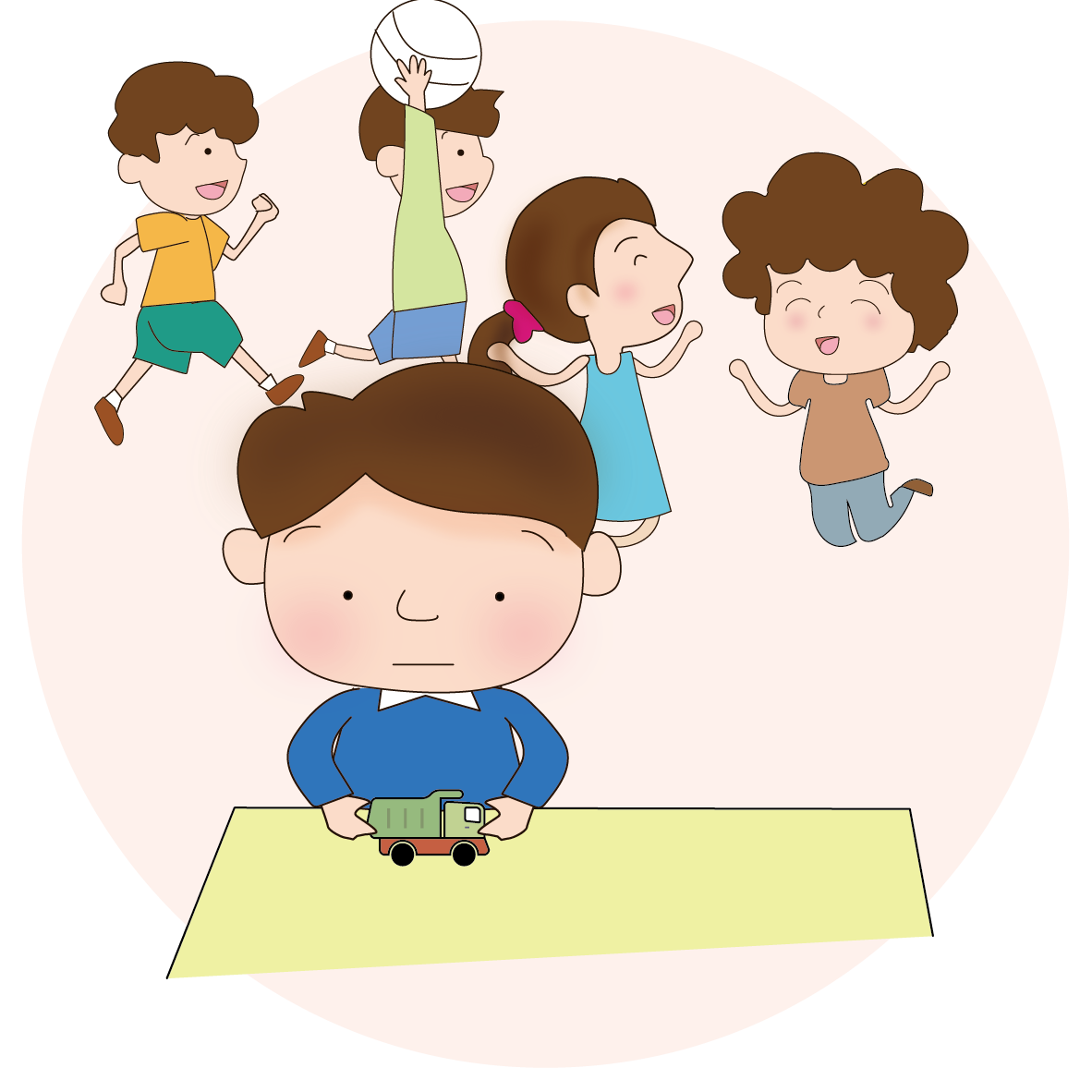
Social and communication barriers.
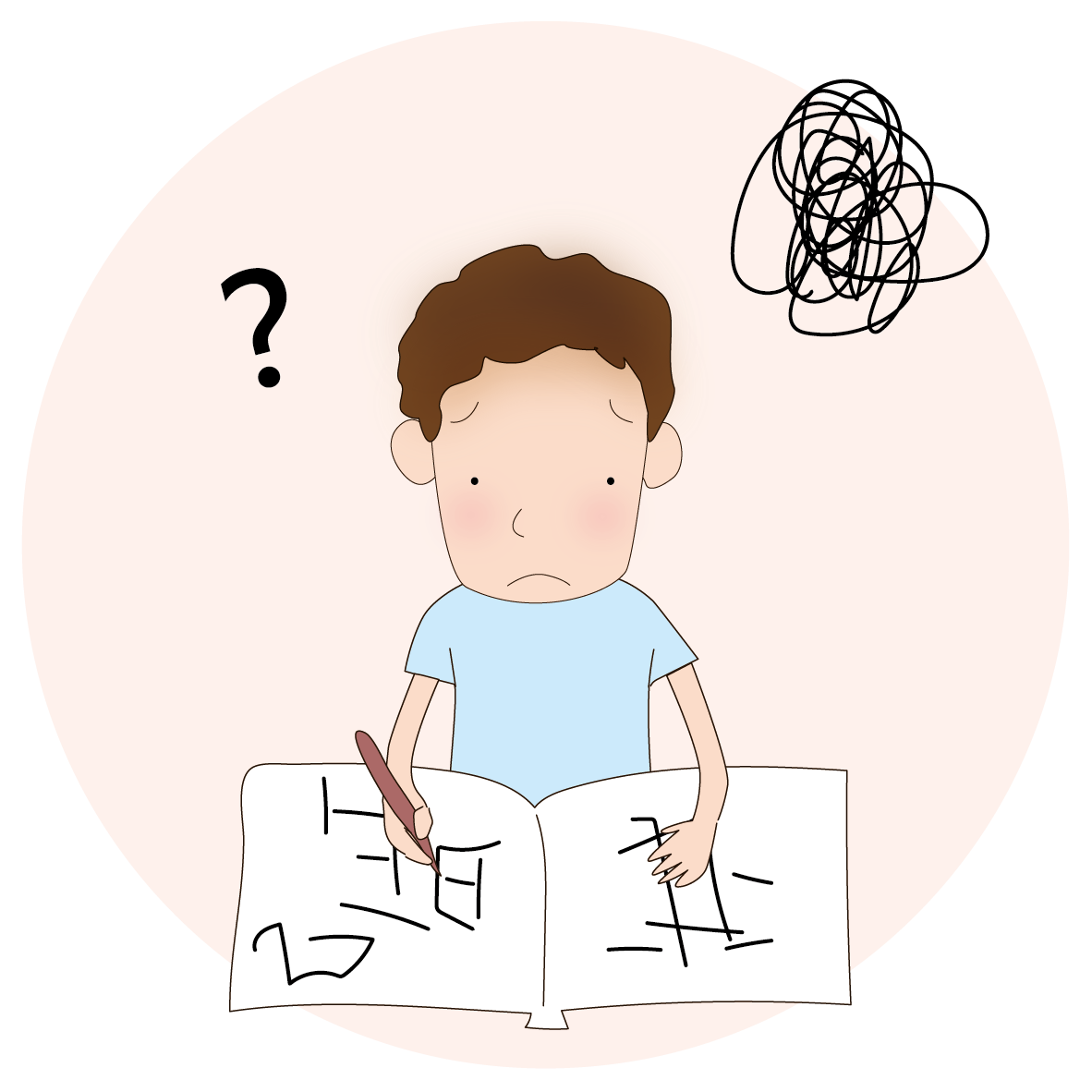
Abnormalities in learning performance, e.g. dyslexia, etc.
The needs of each type of disability are different, but we should support and understand people with disabilities. Let’s take a look at the needs of people with physical, visual and hearing disabilities and the challenges they face in their daily lives.
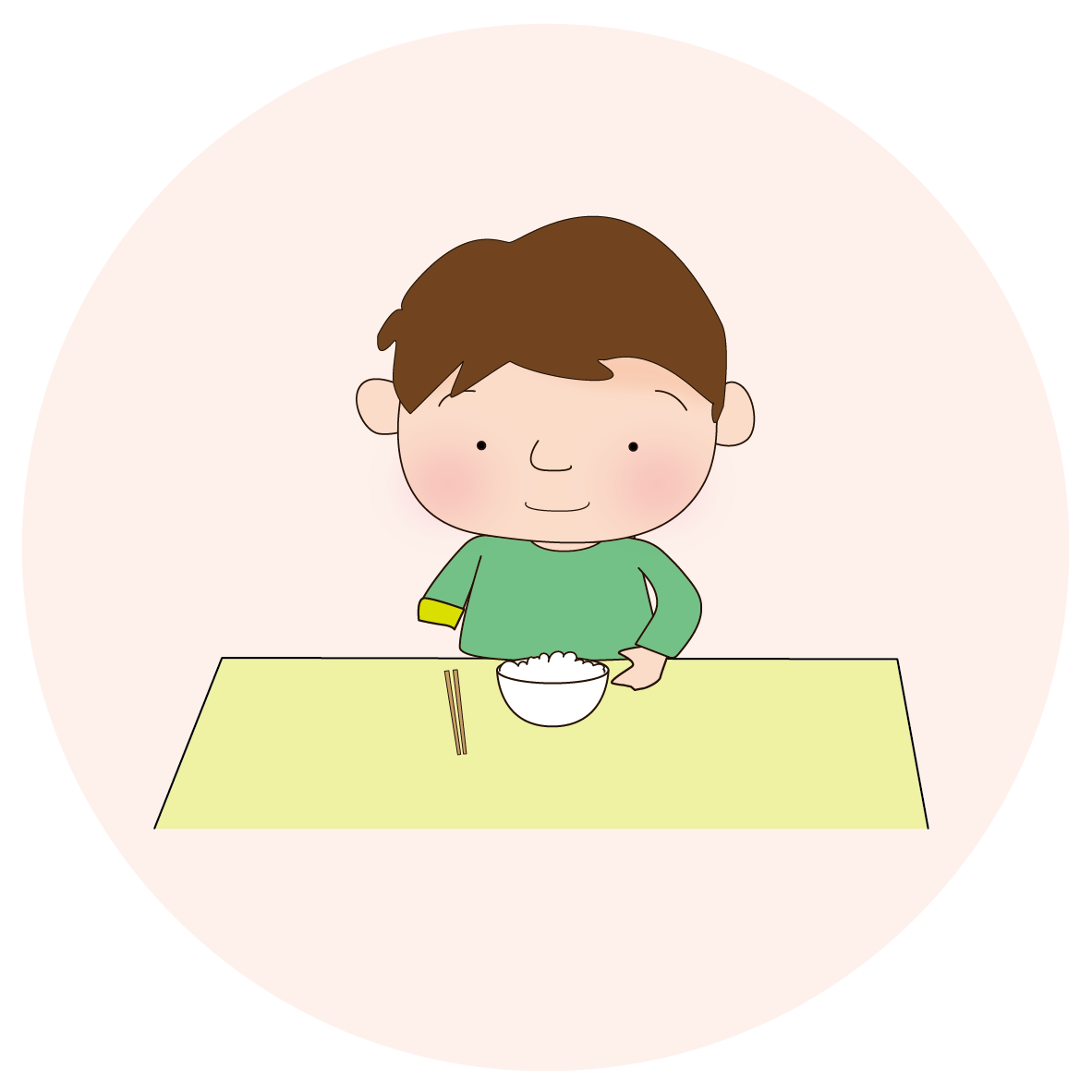
People with physical disabilities are those with missing or impaired arms or legs, which limits their ability to move their legs or arms, making it difficult for them to get around or affecting their daily lives.
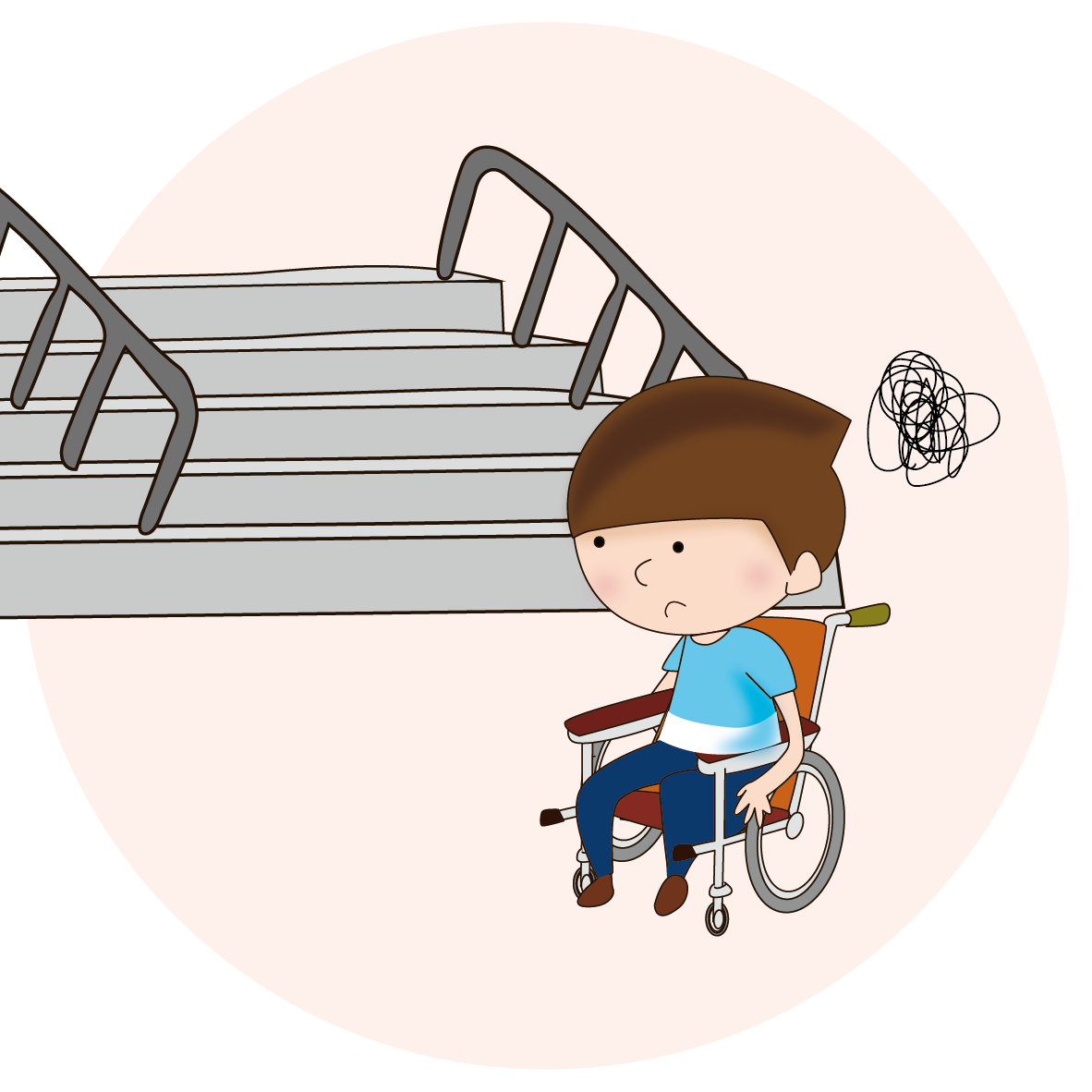
Some people with physical disabilities need to use walking canes, wheelchairs or electric wheelchairs to help them walk, and it would be very inconvenient for them to get around if there were no accessible facilities such as ramps or lifts in the community.
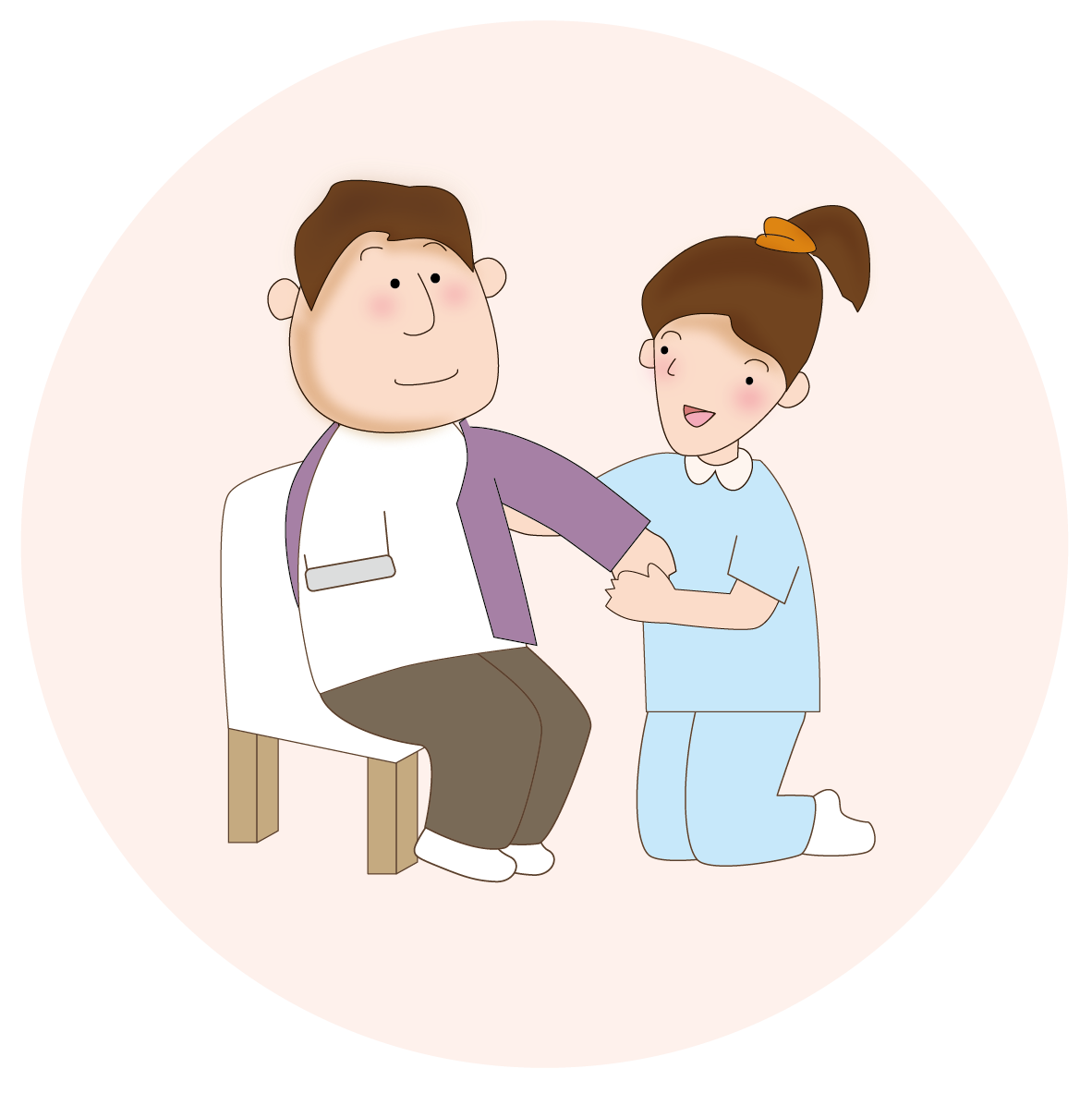
For people with severe physical disabilities (e.g. quadriplegics), their ability to care for themselves is also affected, and they are more likely to need help with bathing and dressing.
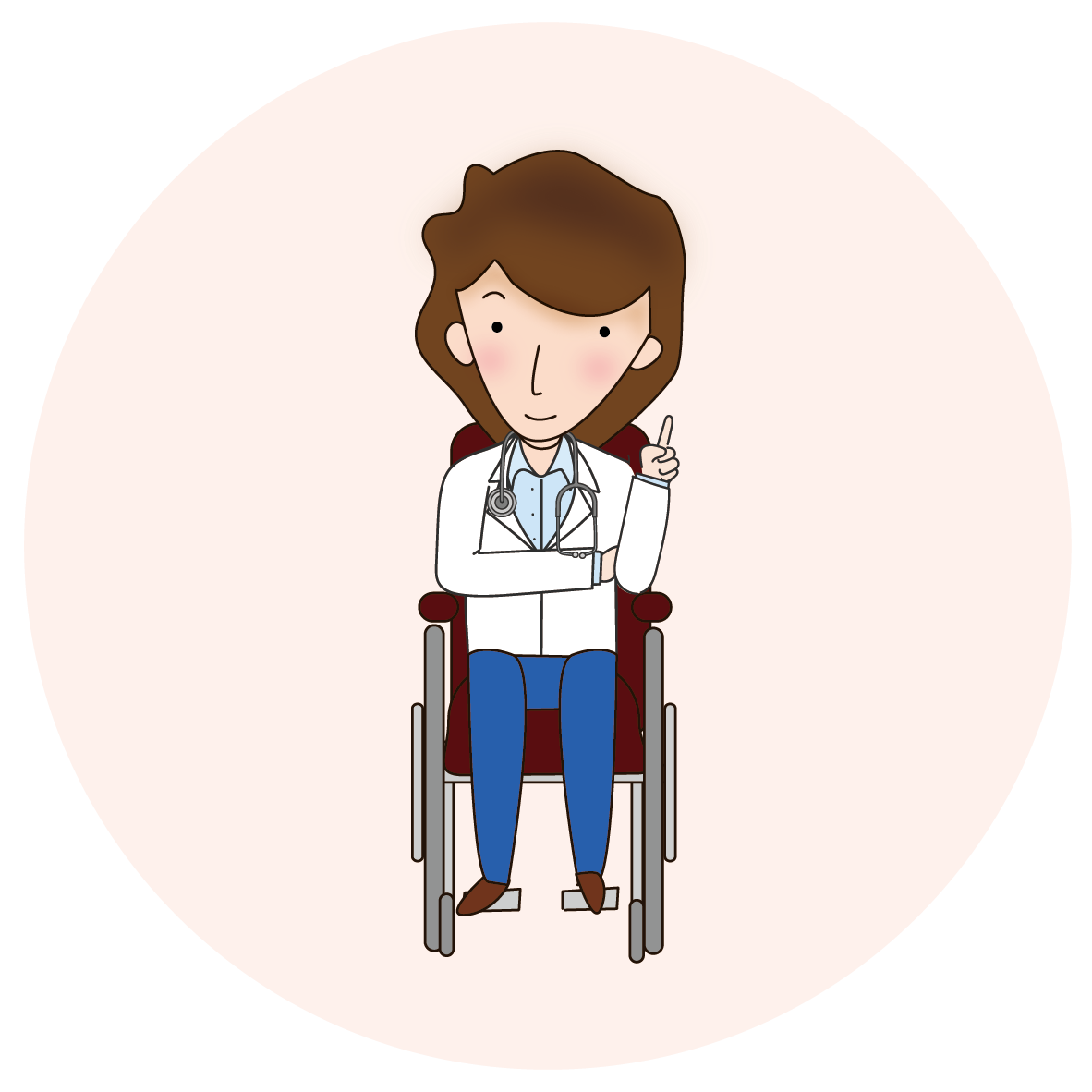
Although people with physical disabilities face many difficulties and challenges in their lives, there are many people with physical disabilities in our society who have overcome physical challenges and achieved outstanding results.
Learn more about People with Physical Disabilities
As a young man, Hawking showed remarkable academic talent, and was consistently at the top of his class during his time at the University of Oxford. Unfortunately, at the age of 21, Hawking was diagnosed with Muscular Atrophic Lateral Sclerosis (MALS), which caused him to gradually lose control of his body.
His muscle wasting worsened and he eventually lost the ability to speak, relying only on his fingers to express his thoughts and communicate with others. However, Hawking didn’t give up on himself. Even though his body was deteriorating every day, his mind continued to race.Although he was physically handicapped, this did not hinder his scientific research. He produced many important ideas and theories on the study of black holes and became one of the world’s greatest physicists.

Stephen Hawking at the National Aeronautics and Space Administration (NASA).
Source: Wikipedia

Stephen Hawking in a wheelchair in 2006.
Stephen Hawking is always optimistic about his condition. His experience teaches us that as long as we persevere and don’t give up, we can eventually achieve our dreams.

A visually impaired person is a person who has lost some of all of their sight.
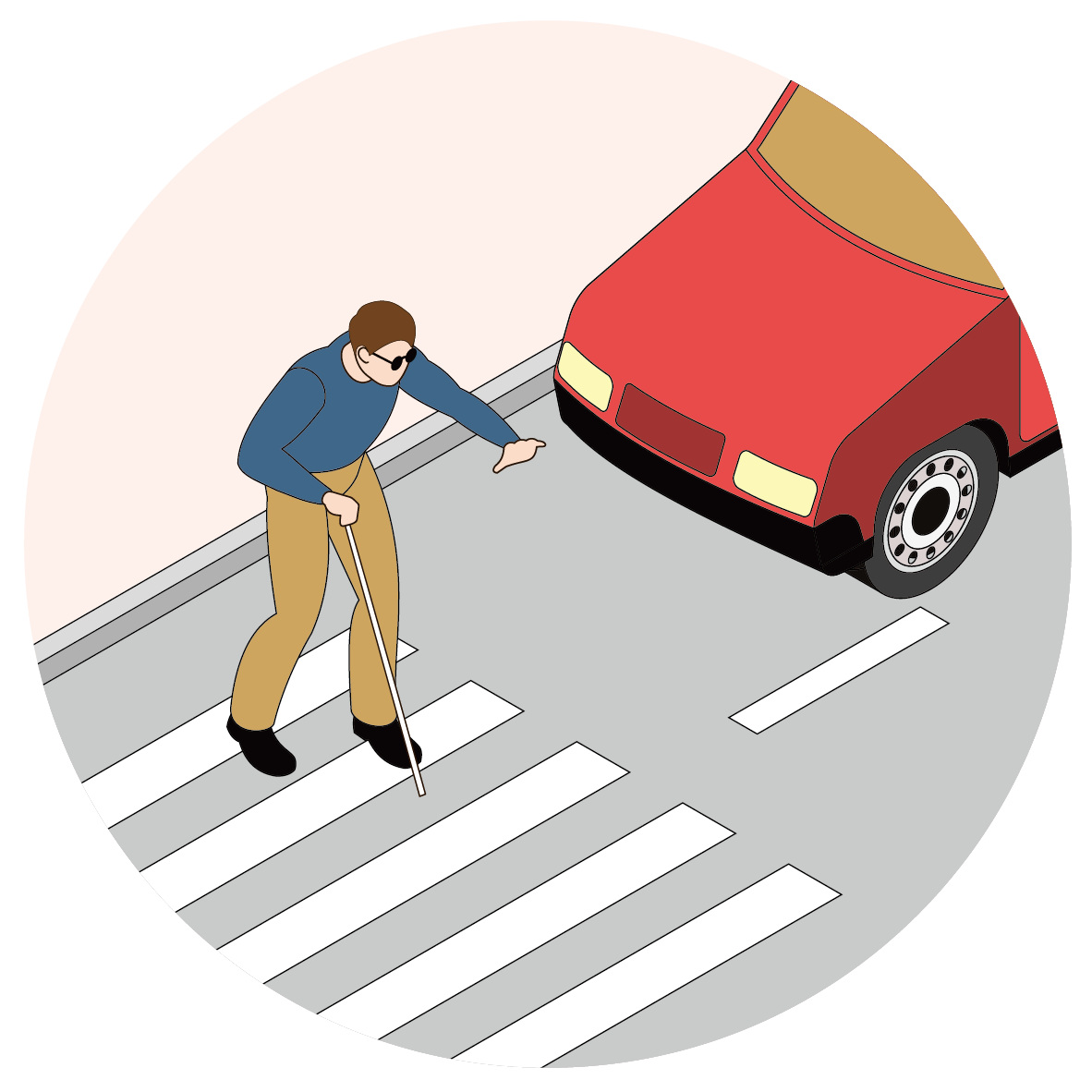
Some visually impaired people need to use a white cane or guide dog to help them in the street, to avoid knocking things over and to prevent accidents when they go out. If the community does not provide the accessible facilities that visually impaired people need, such as tactile pathways or public announcement systems at bus stops, they can easily get lost when they are out and about.
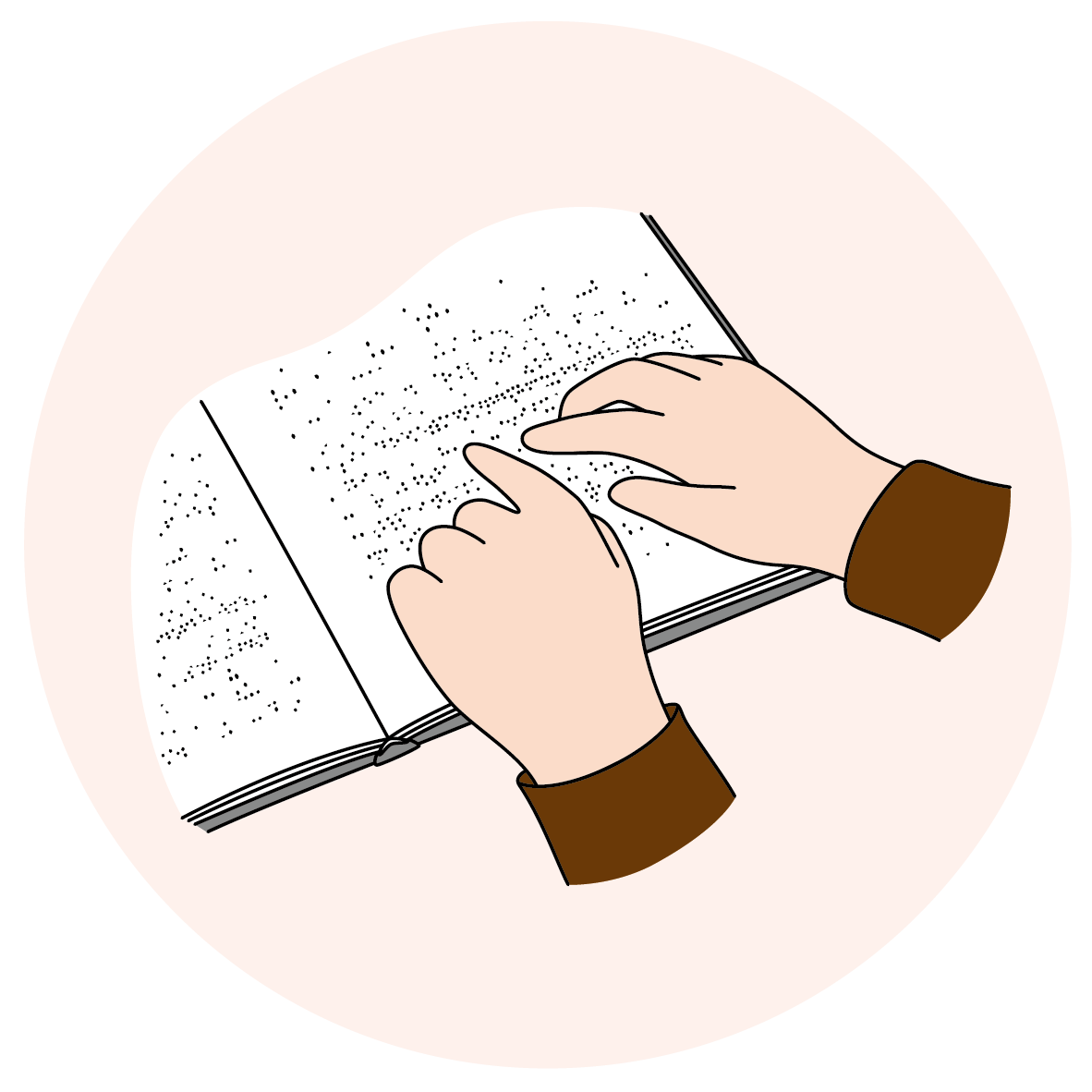
Because their vision is affected, they also face many challenges in their daily lives, such as recognising clothing, reading or using smartphones, etc. They need to use some assistive devices to help them.
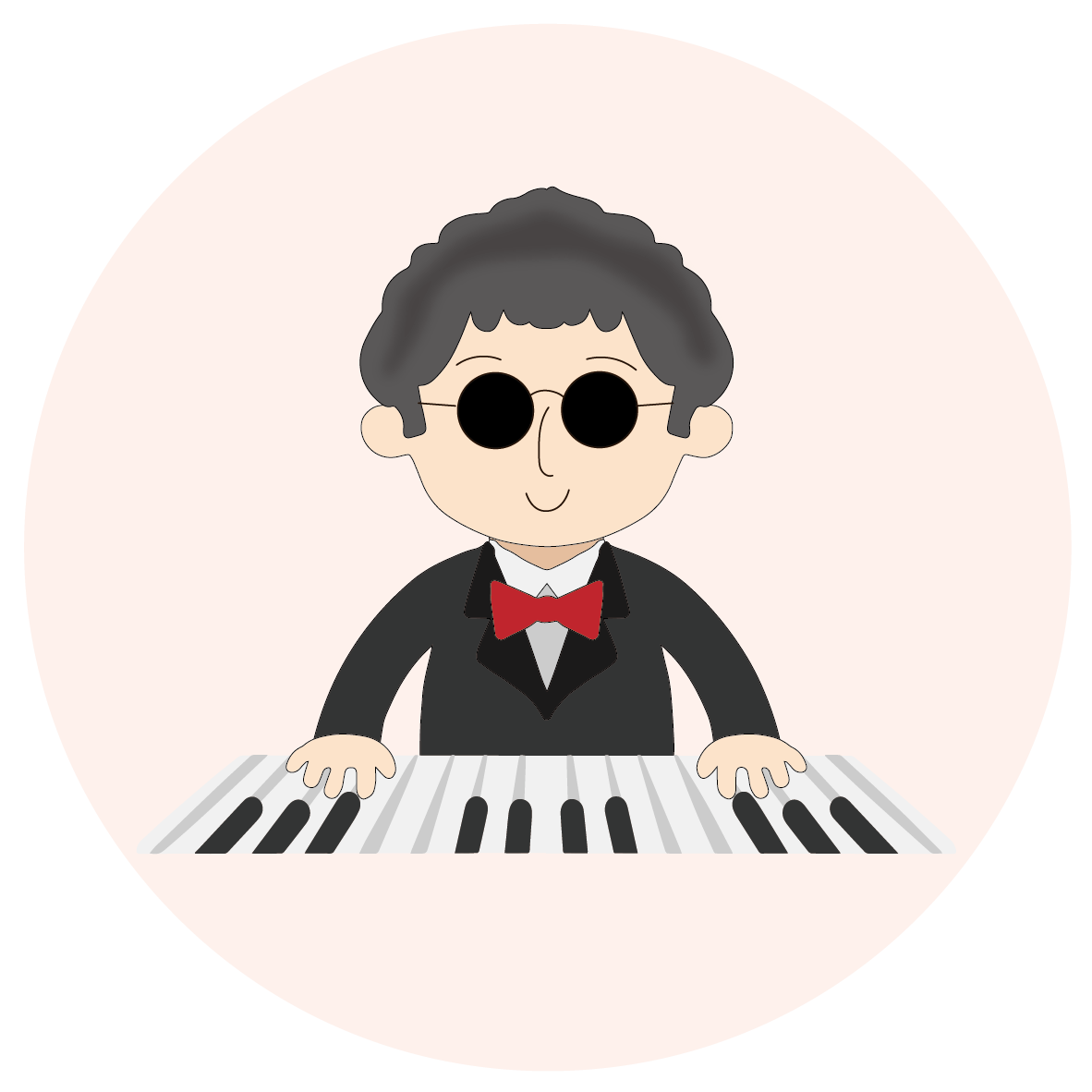
Although visually impaired people face many difficulties and challenges in their lives, there are many visually impaired people in our society who have made outstanding achievements despite their visual impairment.
Learn more about People with Visual Impairment

Helen Keller graduated from Harvard University in 1904.
Source: Wikipedia
Helen Keller lost her sight and hearing to illness when she was 19 months old. At the age of 7, she learnt to read by having her teacher write on her palm, and within a year she was signing, reading and writing Braille. At the age of 10, Helen Keller learnt to speak by feeling her teacher’s tongue and lips with her hands and trying to imitate the shape of her teacher’s mouth. Since then, Helen Keller has been an enthusiastic student and learnt five languages. In 1904, she received a Bachelor of Arts degree from Harvard University, becoming the first deaf-blind person to graduate from an institution of higher education.
In 1924, Helen Keller founded the Helen Keller International. In 1946, she became the International Relations Advisor for the American Foundation for the Blind. She travelled around the world and visited 35 countries, campaigning for the establishment of schools for the blind around the world. She visited patients in hospitals to share her experiences. She also campaigned for the rights of various disadvantaged groups. Her strong will and dedication have made her a role model for the world to follow.

A hearing impaired person is a person who has some hearing loss or total hearing loss.
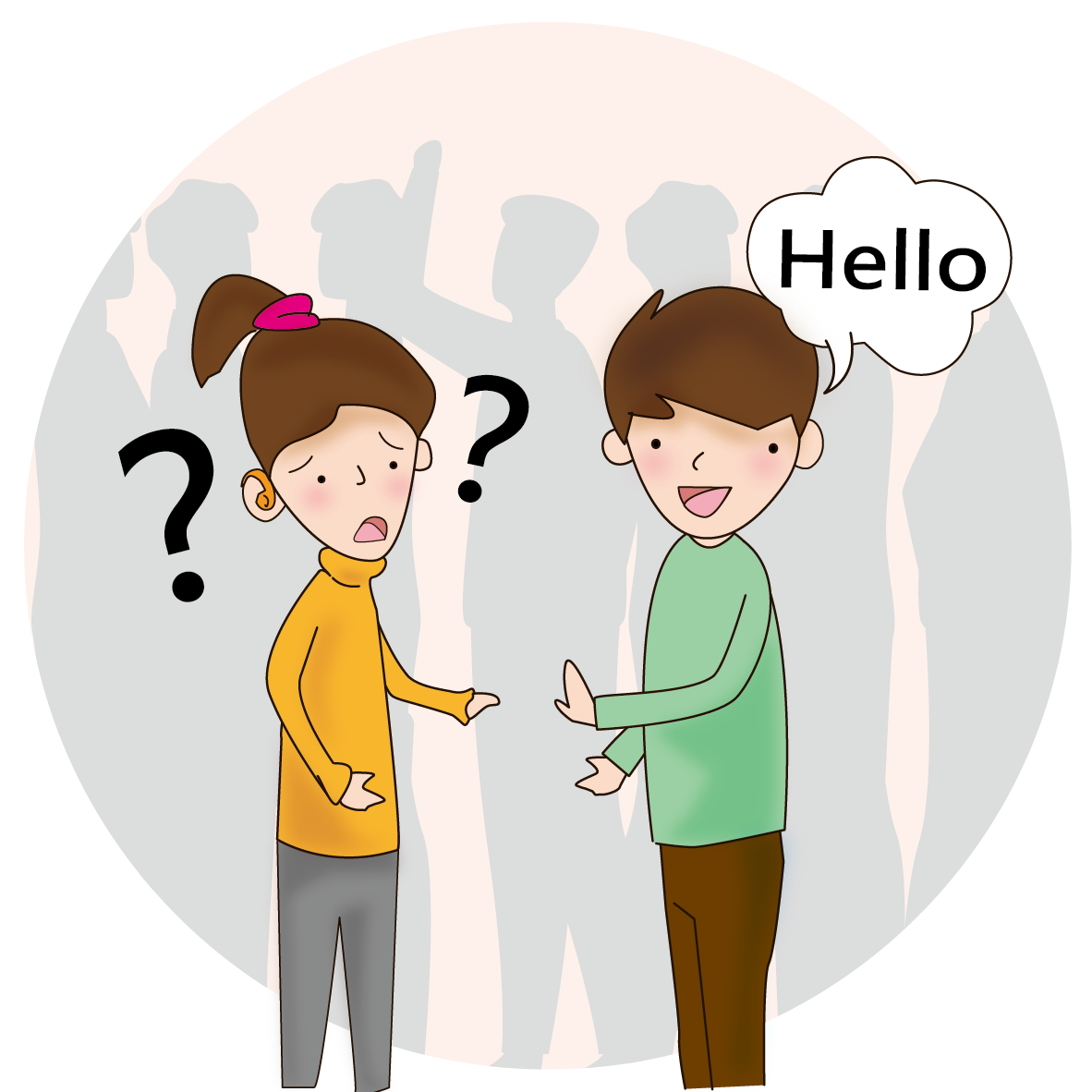
Some hearing impaired people need to use hearing aids or sign language to help them communicate in their daily lives. It is very inconvenient for them to communicate with other people if the environment is too noisy or if the other person does not know sign language. Hearing impairment has a major impact on their learning and daily lives.
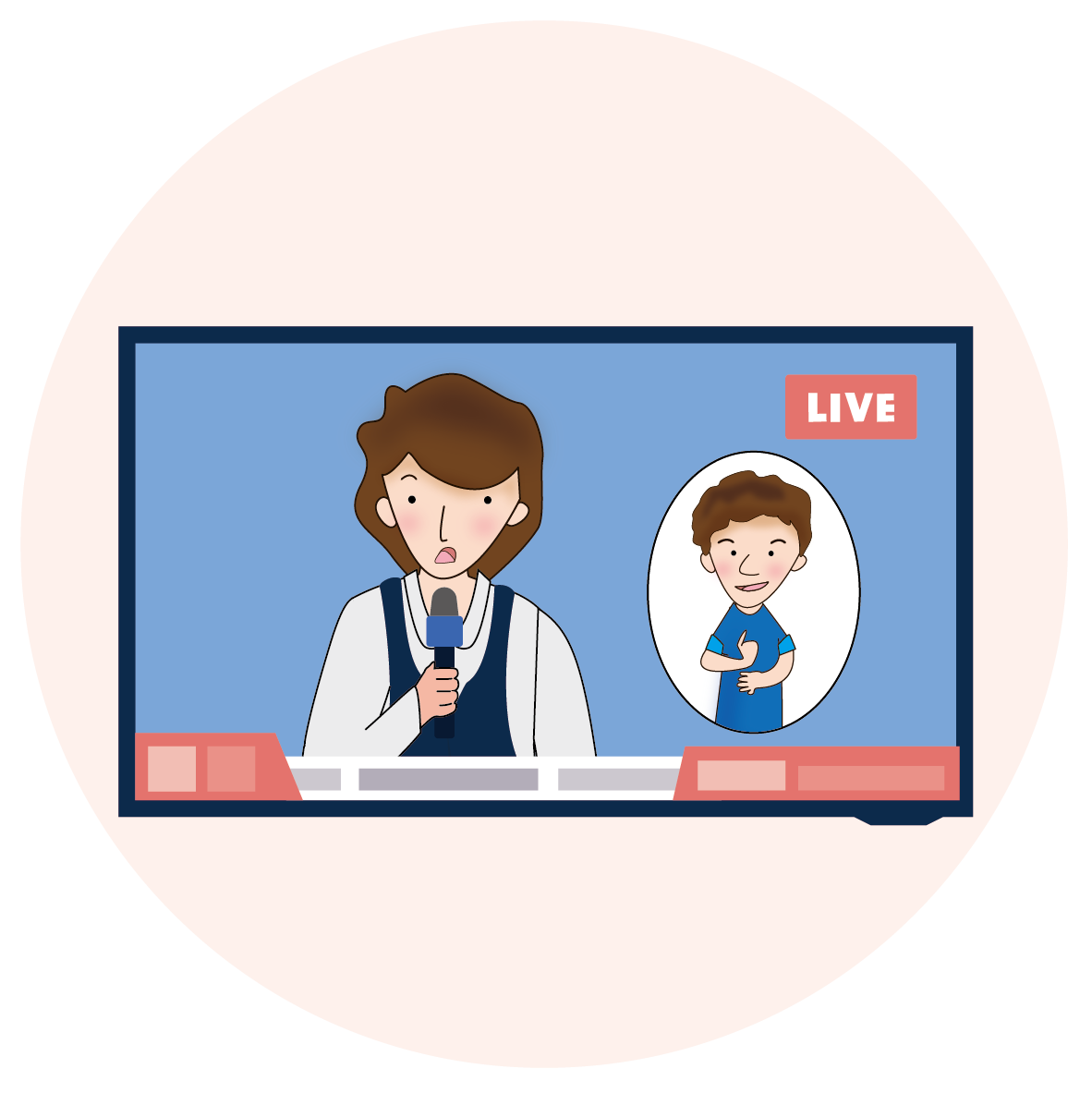
Hearing impaired people rely heavily on their vision to receive information. Auxiliary aids such as sign language interpreters or visual signalling devices can help hearing-impaired people gain access to important information in the community that would otherwise make it difficult for them to participate in the community.
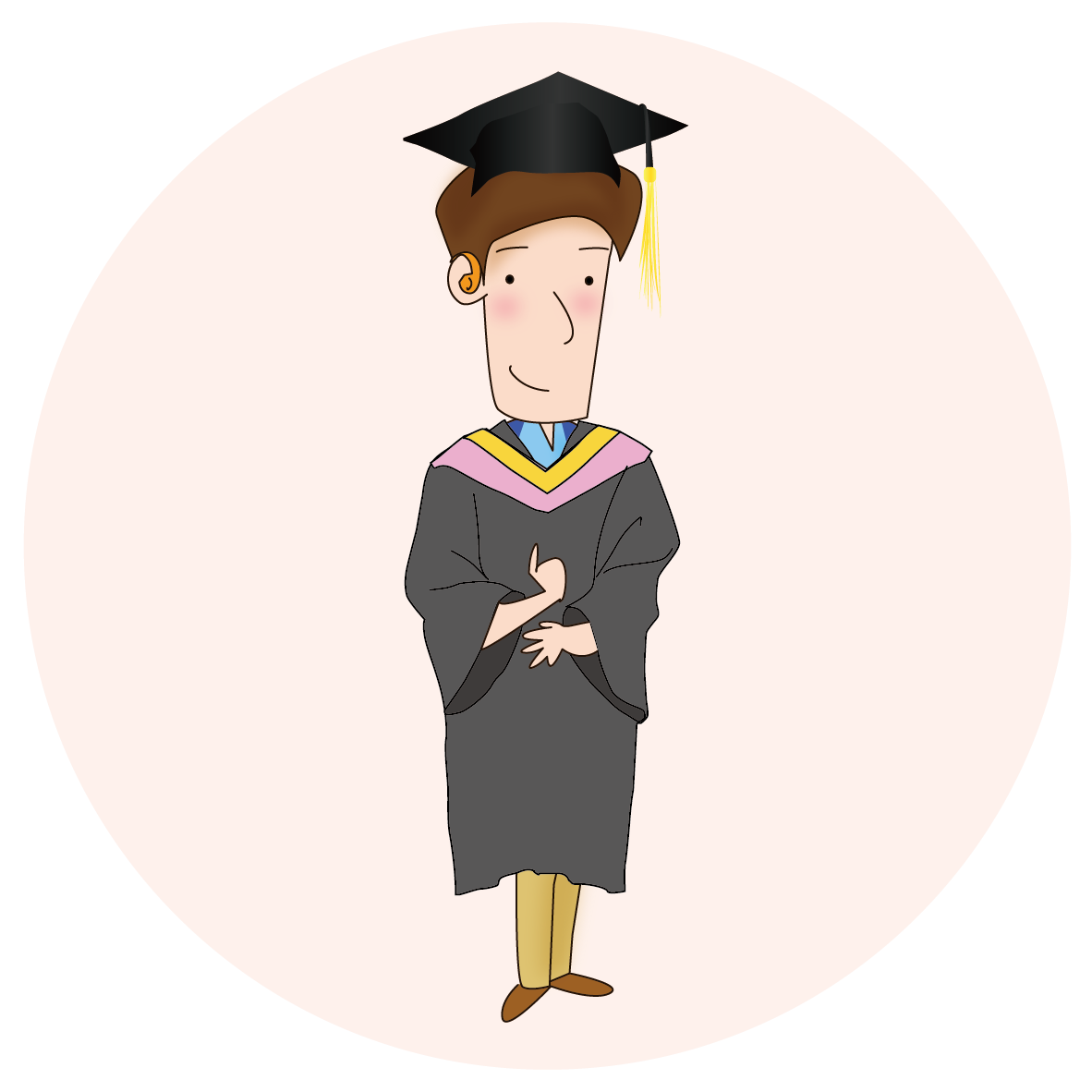
Although hearing impaired people face many difficulties and challenges in their lives, many hearing impaired people in society have made outstanding achievements beyond the hearing barrier.
Learn more about People with Hearing Impairment
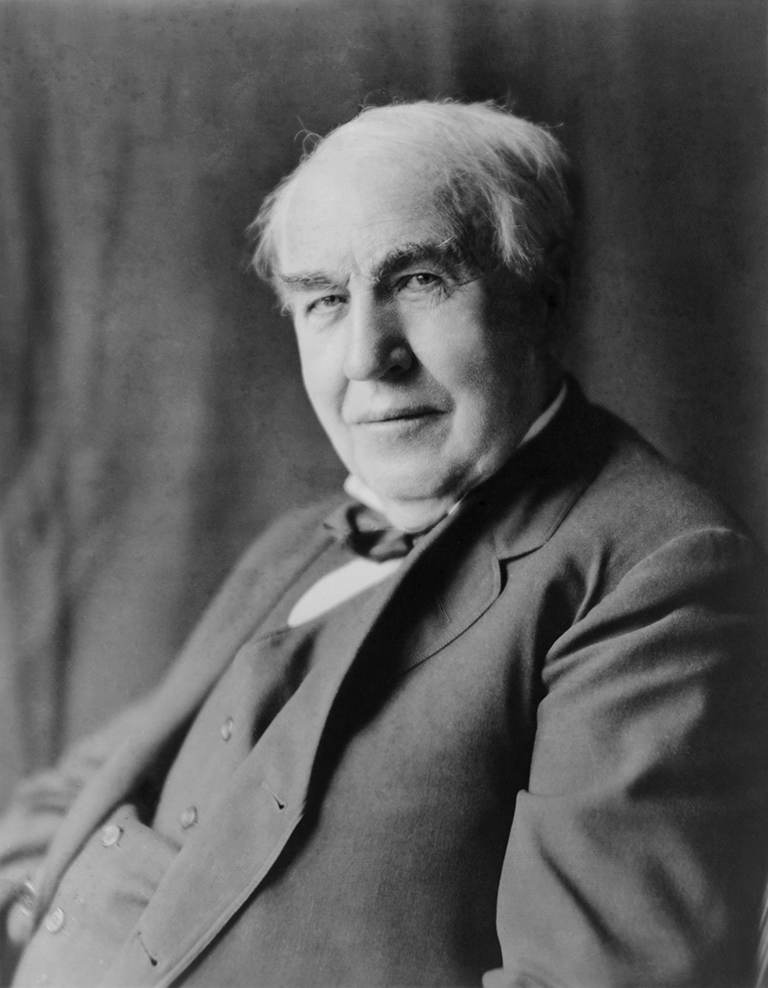
Edison in 1922.
Thomas Edison is one of the world’s most famous scientists, with patents for several important inventions, including the phonograph and the electric light bulb. There are many different stories about Edison’s hearing loss, but he had already lost most of his hearing by the age of 12. Rather than being discouraged by his hearing loss, Edison saw it as an asset that allowed him to focus on his experiments and research. Despite Edison’s hearing loss, he still managed to invent the phonograph, which some say was able to play material for the blind, similar to today’s “audiobooks”.
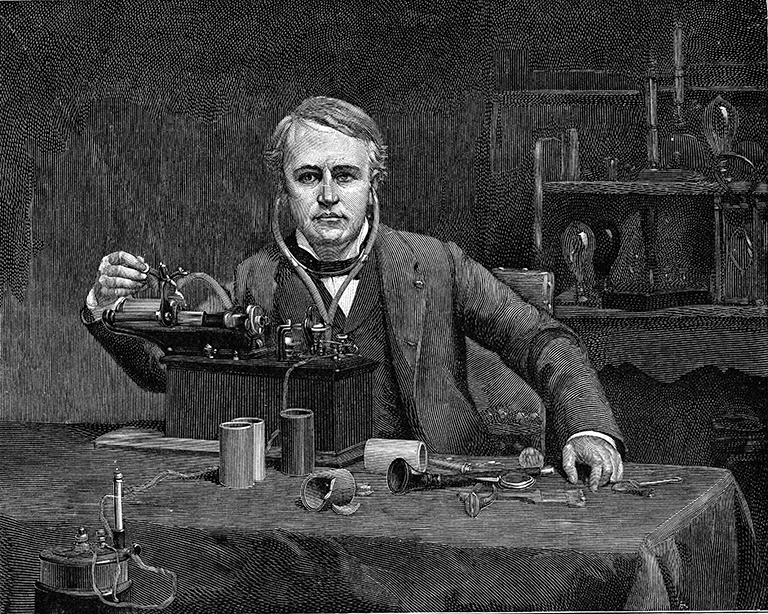
Thomas Edison and his phonograph.
Edison’s hearing loss didn’t stop him from succeeding, and his inventions have touched the lives of generations of people around the world. He is an inspirational role model morewho has motivated people all over the world.
This website uses cookies so that we can provide you with the best user experience possible. Cookie information is stored in your browser and performs functions such as recognising you when you return to our website and helping our team to understand which sections of the website you find most interesting and useful.
Strictly Necessary Cookie should be enabled at all times so that we can save your preferences for cookie settings.
If you disable this cookie, we will not be able to save your preferences. This means that every time you visit this website you will need to enable or disable cookies again.